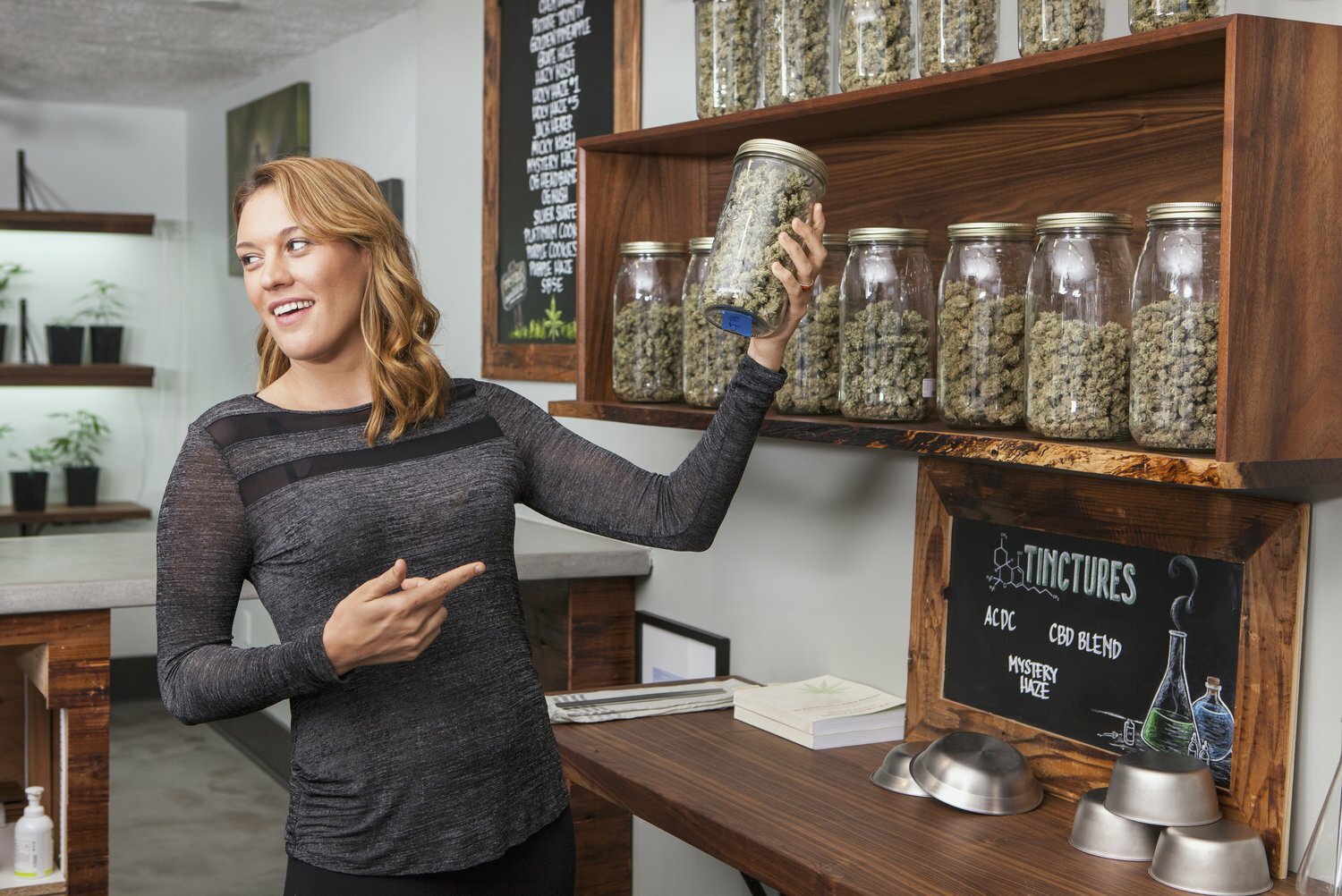More marijuana licenses coming, but not so much here
There are nearly two-dozen more conditional cannabis dispensary licenses on their way to Long Island. But thanks to local pushback in a number of Nassau County communities, chances are very low one will pop up near you.
The state released the licenses as part of a broader effort that could lead to 100 more legal dispensaries across the state. For Nassau and Suffolk counties, the 23 planned licenses join the 13 already here.
The conditional licensees are only allowed to sell directly to a consumer.
Albany officials haven’t shared exactly where these dispensaries will end up, but at least one of the licenses was awarded to a Bay Shore husband and wife, according to Newsday. Where else they can end up is actually a small list. Right now, only five Nassau villages allow dispensaries: Oyster Bay Cove, Kings Point, Mill Neck, Plandome and Saddle Rock.
In Suffolk, communities permitting recreational marijuana dispensaries include Brookhaven, Babylon and Riverhead.
Long Beach, for example, has not approved a dispensary, although it has held a public hearing on the matter — a contentious issue in the city. Glen Cove and Oyster Bay, Valley Stream, Lynbrook and Freeport have opted out, among most other municipalities. Any of them are allowed to opt-in at any time, but once they do, “there is no going back,” said Phillip Rumsey, manager of intergovernmental affairs for the state’s cannabis management office.
The other conditional adult-use retail dispensary licenses include four for western New York, one for the central region, three for Brooklyn, and five for the Mid-Hudson area.
There are now 165 approved licenses across the state, although many municipalities — like New York City — are filled with hundreds of unlicensed establishments, meeting very little resistance from law enforcement officials.
As of now, the cannabis board has granted at least one license in each region, except for the Finger Lakes.
The conditional licenses are issued as part of the Seeding Opportunity Initiative introduced by Gov. Kathy Hochul last year. Through the initiative, business owners that were impacted by old drug laws will benefit first. Those convicted or related to someone convicted of a marijuana-related offense — or nonprofit organizations who support people imprisoned for such offences — are able to get the licenses ahead of others.
Tremaine Wright, chair of the Cannabis Control Board, said the new licenses “will allow entrepreneurs to fairly participate in the legal market while promoting innovation and creative diversity throughout New York’s ever-growing cannabis supply chain.”
New York lawmakers legalized recreational marijuana in 2021 for adults 21 and older. It grants them the right to possess up to 3 ounces of cannabis, or a small quantity of concentrated cannabis. The state also expunged non-violent criminal records related to cannabis in the past.
Licensees are allowed to open dispensaries on Long Island, but still need sign-off on any specific locations. Storefronts need to be approved and cannot have any neon or bright signs advertising any of their products, such as a giant marijuana leaf.
Each dispensary also needs to have darkened windows, or otherwise prevent the activity and products inside from being seen from outside. They also cannot be placed closer than 200 feet from any house of worship, and 55 feet from a school.
Each one must also be at least 4,000 feet apart from another, which will prevent a “Starbucks effect,” with one on every corner, officials said.
Licensees can work with a social equity fund to find spaces in communities to open shop or find them independently. The Cannabis Control Board additionally approved one laboratory permit for Certainty Analytical Labs in Rochester, bringing that number up to 13.

 47.0°,
Fair
47.0°,
Fair 




